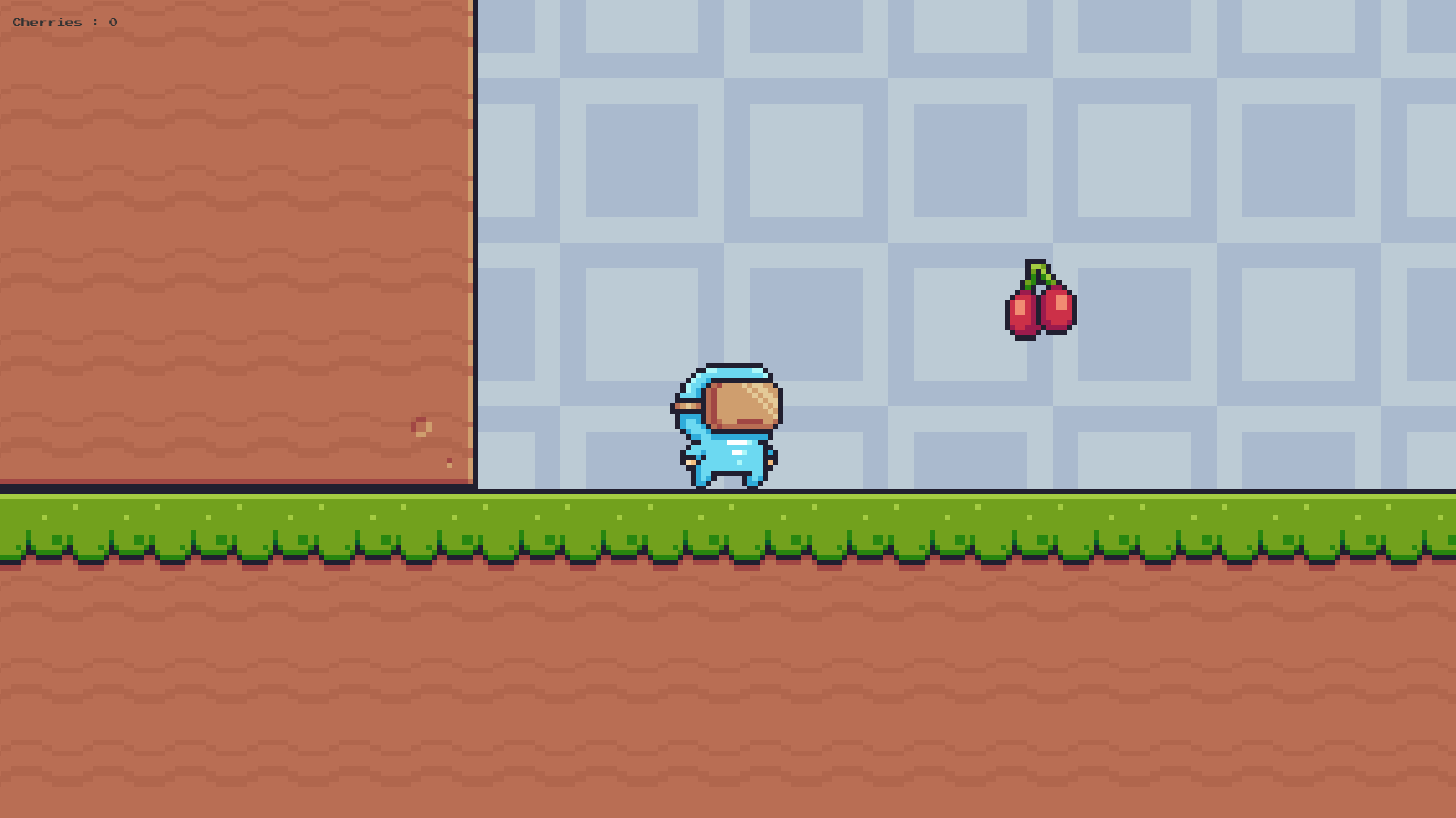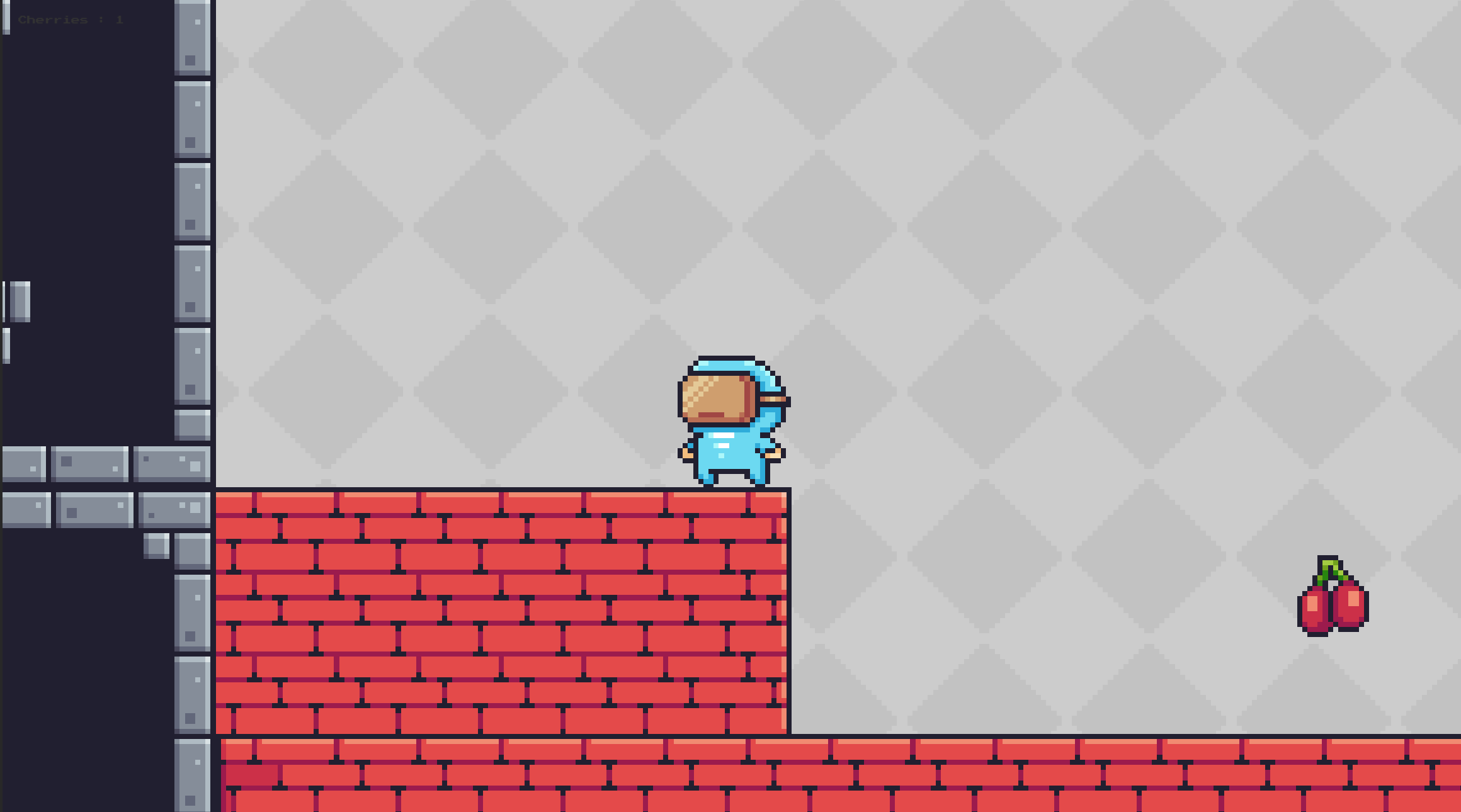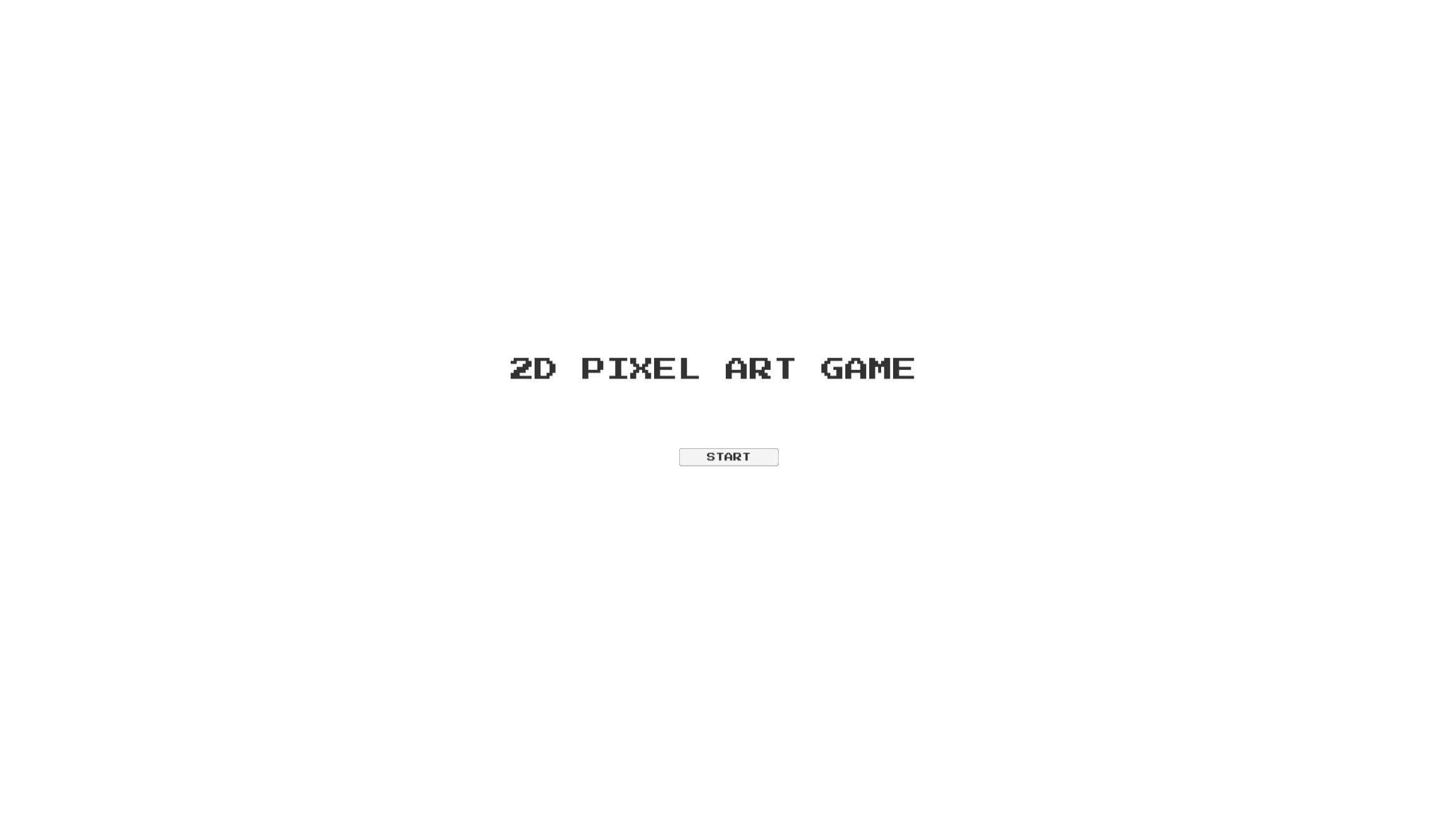
2D platform game
Overview:
Our project focuses on the development of a 2D platformer game using the Unity game engine. This endeavor is not aimed at publishing but is driven by the desire to gain experience, refine programming skills, and create an engaging game prototype.
Programming Challenge:
Our 2D platformer game development project represents a substantial programming challenge, encompassing a diverse array of technical tasks and complexities. At its core, we are tasked with crafting a responsive and immersive gaming experience, and this journey demands expertise in various programming domains. This includes implementing realistic physics and precise collision detection to ensure seamless interaction between the player character and the game world. Creating fluid and intuitive player character controls is paramount, involving intricate input handling, character movement scripting, and animation integration. Level design introduces the challenge of coding intricate level layouts, interactive elements, and win conditions, while also managing game state transitions. Moreover, defining obstacle and enemy behavior necessitates programming AI routines and movement patterns that engage and challenge players. Incorporating power-ups and abilities adds complexity in terms of item pickups, ability activation, and temporary character enhancements. Throughout the project, we must optimize code and assets for performance and tackle debugging and testing to eliminate glitches and ensure smooth gameplay. Maintaining clean, well-documented code and learning to adapt to new challenges as they arise are also vital components. Lastly, version control and collaboration skills, if applicable, ensure efficient code management and teamwork. This project offers a comprehensive programming experience that not only results in an engaging game but also enriches our programming knowledge and problem-solving abilities.
Physics and Collision Detection:
A fundamental cornerstone of our 2D platformer game development lies in the intricate realm of physics and collision detection. This programming challenge encompasses the need to establish realistic physics governing the player character's movement within the game world. We must delve into the nuances of gravity, jump mechanics, and precise collision responses to ensure that the player's interaction with the environment is smooth and lifelike. Achieving this level of realism demands a deep understanding of Unity's physics engine and skillful implementation of collision detection algorithms. We'll grapple with the intricacies of ensuring that our character lands precisely on platforms, navigates tight spaces, and responds accurately to various in-game elements. This challenge not only enhances our grasp of physics simulations in game development but also reinforces our problem-solving skills as we strive for a seamless and satisfying player experience.

Level Design and Logic:
The heart of our 2D platformer game development venture lies in the art of level design and logic. This programming challenge involves crafting intricate, engaging, and visually captivating game levels while seamlessly integrating them into the gameplay framework. Each level presents a canvas for us to code dynamic platforms, obstacles, and interactive elements, all tailored to create a progressively challenging and enjoyable experience for players. The logic behind level progression and win conditions must be meticulously scripted to maintain a sense of accomplishment and motivation. Balancing the difficulty curve and pacing of obstacles while keeping gameplay fair and engaging is a multifaceted task. Moreover, this challenge pushes us to optimize memory and resource usage as we ensure that each level seamlessly transitions within the game state. Ultimately, mastering the intricacies of level design and logic not only contributes to the creation of an immersive gaming experience but also sharpens our problem-solving and creative design skills as we aim to deliver an enjoyable and visually stunning adventure.

User Interface (UI):
While not the primary focus of our 2D platformer game project, the implementation of a functional and visually appealing user interface (UI) is a noteworthy programming challenge. Crafting an intuitive and aesthetically pleasing UI involves coding various elements, including menus, score displays, and in-game heads-up displays (HUDs). We must ensure that the UI elements integrate seamlessly with the gameplay, providing essential information to players without disrupting their immersion. Achieving responsive and interactive UI components requires expertise in scripting UI behaviors and animations, as well as handling user input for menu navigation and interactive elements. This challenge reinforces our understanding of UI design principles, user experience considerations, and coding practices, adding a layer of polish and professionalism to our project. Although not the central focus, a well-executed UI enhances the overall player experience and showcases our commitment to delivering a refined and accessible gaming adventure.
Version Control and Collaboration:
In our 2D platformer game development endeavor, effective version control and collaboration form a crucial programming challenge. The implementation of a robust version control system, such as Git, is essential to maintain a structured and organized codebase. This facilitates seamless tracking of changes, simplifies collaboration, and ensures the project's integrity over time. Coordinating with team members, if applicable, requires efficient collaboration tools and practices. This programming challenge extends beyond code management; it also encompasses collaborative problem-solving and efficient communication. Embracing version control and collaboration practices enhances our ability to work as part of a development team, fosters code sharing and review, and ultimately streamlines the game development process. While often considered an auxiliary aspect of game development, mastery of version control and collaboration tools is a valuable skill set that empowers us to work efficiently in a professional development environment.
GitHub link : https://github.com/Ghost-Of-Uchiha-Madara/2d_Platformer